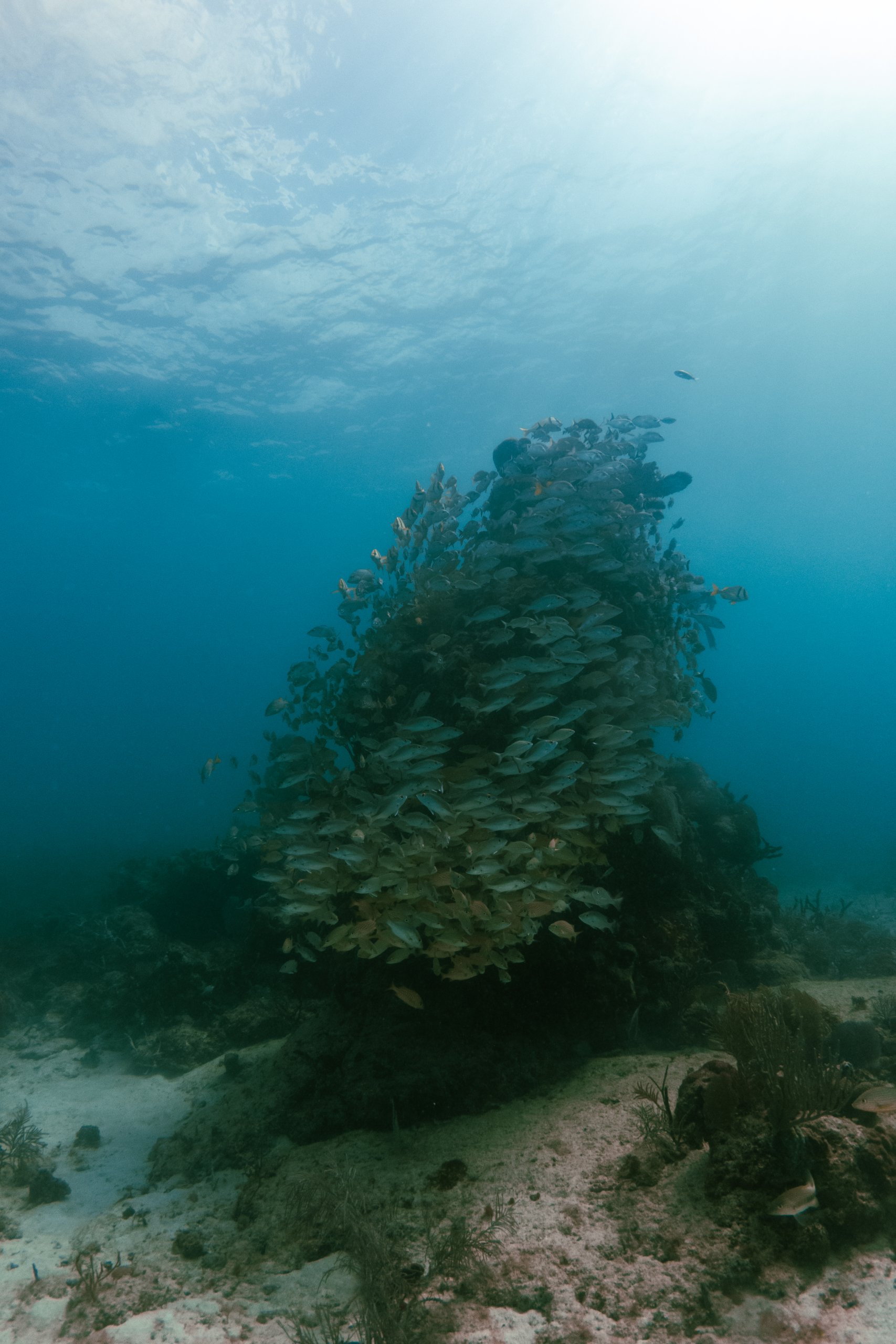An Ecosystem Based Fisheries Management (EBFM) approach considers the whole ecosystem in which commercial stocks exist and on which they depend. This includes their essential habitats, which play a fundamental role in population renewal (in another word, their “productivity”).
This research, carried out as part of our Spatial Management Impacts on Ecological Systems and Fisheries theme, looks at the relationship between habitats – in terms of their quality and extent – and changes in the productivity of commercial fish species dependent on these habitats. Improving our understanding of how habitat changes can affect the productivity of fish species will support the development of appropriate management strategies aimed at protecting essential habitats – and ultimately fishing livelihoods – through the implementation of EBFM.

The crucial conclusion of our researchers was that restoring essential habitats and protecting these through EBFM may have an even greater impact on the sustainability of fish stocks than regulating fishing pressure. To reach this, the researchers explored a range of scenarios in fisheries across the four SEAwise Case Study regions, considering not just loss of habitat and degradation in habitat quality, but also improvements in habitat quality and extent. By region, they found that:
Taken together, these findings make a clear case that the loss and degradation of habitat in coastal ecosystems has a significant negative impact on the productivity of commercial fish species – and that restoring and protecting these habitats should play a key role in sustainable management of fish stocks.
The results of this research will feed into SEAwise’s in-development tool for implementing EBFM in European fisheries. It will also provide valuable information to fisheries managers seeking to understand potential trade-offs between ecological, social and economic aspects.
Read the full report here.
Stay up to date with SEAwise news and research, hear about upcoming events, and receive updates on fisheries news from across the European seascape.